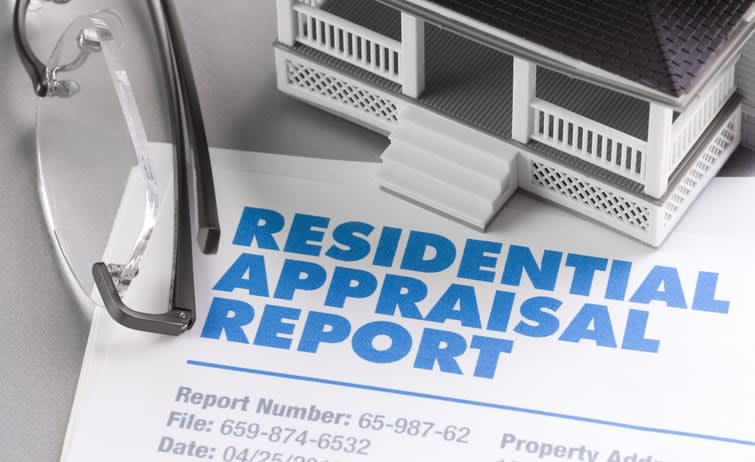Escrow is the holding of funds by a third party for a designated purpose within a financial contract. While it is most often heard in real estate, escrow can be applied to any financial transaction where anything of value, typically cash, is held until certain agreed-upon conditions are met. It is commonplace in online purchases, as well, and is used by online retailers, such as Amazon, eBay, and Etsy, to protect both buyers and sellers every day.
Going Into Escrow
If you’re selling a home in Pleasanton, Danville, or Livermore, CA, it’s best to familiarize yourself with the escrow process. While not a legal requirement in California, escrow is a common real estate practice that protects the buyer’s interest and yours while the selling process is not yet complete.
In real estate, the selling or goes into escrow” once you and the buyer agree on the price and terms of the purchase, and sign a sales contract. A third-party escrow agent – usually a licensed escrow agent, a bank, or a title insurance company – is appointed.
The buyer’s earnest money is deposited into the escrow account. This amount is typically between one and three percent of the home sale price, but it can vary depending on what you and the buyer agree upon. The earnest money is kept safe during the escrow process and will be released to you only upon closing.
The buyer’s down payment is also deposited into the escrow account before closing. Mortgage lenders require a real estate escrow account to secure the buyer’s down payment.
What Happens During the Escrow Period?
The escrow period is generally a busy time for the buyer as they work on fulfilling the contingencies you have agreed upon, as well as in finalizing the financing for the home. The most common contingencies include:
- Final home inspection – The buyer often hires a professional inspector to go over the property and check its condition. If significant defects or problems are found, the buyer will likely negotiate with you on the repair costs, or they may opt-out of the deal.
- Home assessment – The buyer’s lender assesses the property to determine the actual value of the home. If the assessment is lower than the selling price you agreed upon, the buyer might renegotiate the price, or may also choose not to push through with the sale. To avoid this, it’s best to familiarize yourself with home prices in Pleasanton or San Ramon, California, or nearby communities so you can set an appropriate asking price for your home.
- Financing – The buyer can hold the sale contingent on the final approval of their mortgage.
As the seller, you can also include your own contingencies on the sales contract, including:
- Find a new home before you move out. If you want to move to the same area, learn about the average home price in Pleasanton or Danville, CA to help you prepare for the process.
- Renting the home after the sale. If the buyer agrees, you can continue to live in the home while searching for your next home but pay rent to the buyer.
- Kick-out clause. This means you can continue to market the home while the sale is not closed, particularly if the buyer needs to sell their current home to finance the purchase of your property.
Factors Into Closing Costs
At closing, the escrow agent is paid their fee, which is usually about one percent of the final home sale price. Typically, the buyer pays this fee, but this may vary depending on your agreement with the buyer. You can agree to pay the fee or split it with the buyer.
When Is Escrow Closed?
After all, contingencies have been fulfilled and removed, a few more things need to be completed before the sale is closed:
- A title search is conducted. If the title is declared “cleared”, the closing can proceed and title insurance is obtained.
- The buyer’s lender forwards the final loan documents to the escrow agent.
- The buyer deposits the down payment.
- All the needed paperwork is signed by both you and the buyer.
- The deed is recorded with the municipality.
- The escrow agent releases the funds to you.
While the process might seem complicated, your Realtor® will be with you at every step to provide the guidance you need. Work with a real estate firm you can trust. Call us at (925) 209-0343 (Peter) or at (925) 596-8731 (Mari), or leave us a note here. We will be happy to represent your home and help you get top dollar for it.

